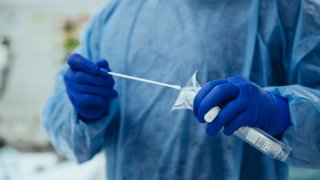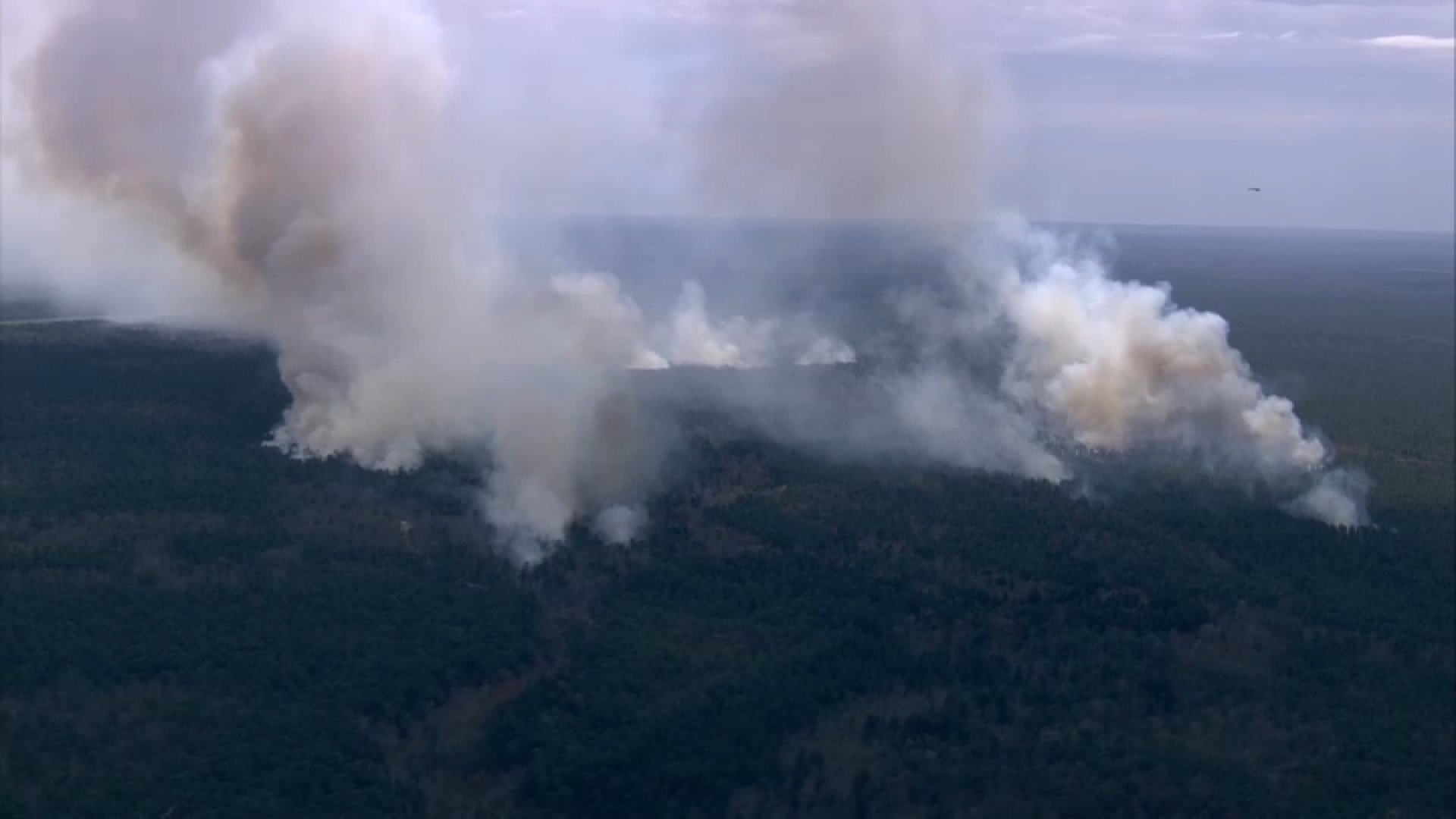
A high portion of healthcare workers with coronavirus infections appear to go undetected but face coverings and lowering thresholds for testing could reduce virus spread in hospitals, a new report by the Center for Disease Control and Prevention said Monday.
The study looked at 3,248 frontline workers who worked directly with COVID-19 patients at 13 hospitals across the U.S., including hospital employees at Montefiore Hospital in the Bronx. The participants were tested for SARS-CoV-2 antibody from April 3 through June 19 and the seroprevalence by each hospital ranged widely from 0.8% to 31.2%, the report found, and only 6% of those tested (194) had antibody for the virus.
Seroprevalence among workers who reported always wearing a face covering (defined in the study as a surgical mask, N95 respirator, or powered air purifying respirator) while caring for patients was at 5.6%. Compared with workers who reported not always wearing a mask, their seroprevalence was higher (9.0%).
Similar to the general population, many healthcare workers who tested positive for antiboy (29%) reported no symptoms since February, and nearly half of them (44%) did not believe that they previously had COVID-19. The majority of them (69%) also did not report a previous COVID-19 diagnosis.
The purpose of the study was to figure out the prevalence and features of coronavirus infection among frontline workers in the country. It found that SARS-CoV-2 antibody detection was lower among females (5.3%) than among males (7.2%). It was also lower among non-Hispanic white participants (4.4%) than among participants of other racial/ethnic groups (9.7%).
Symptoms of an acute viral illness were reported more in participants with antibodies detected (71%) than in those without antibodies detected (43%), the study said.
While the study found similar trends in hospital workers and in the general communities, there are a few limitations in the report.
Local
First, frontlines workers at higher or lower risk for infection were less or more likely to volunteer to participate in the study. Second, antibody could have declined since participants were infected or it has yet to surface following an infection. Third, information on facility-level infection prevention and control practices that could further affect exposure risk was not collected. Finally, healthcare workers who had antibody could have been infected in other ways aside from taking care of COVID-19 patients.



